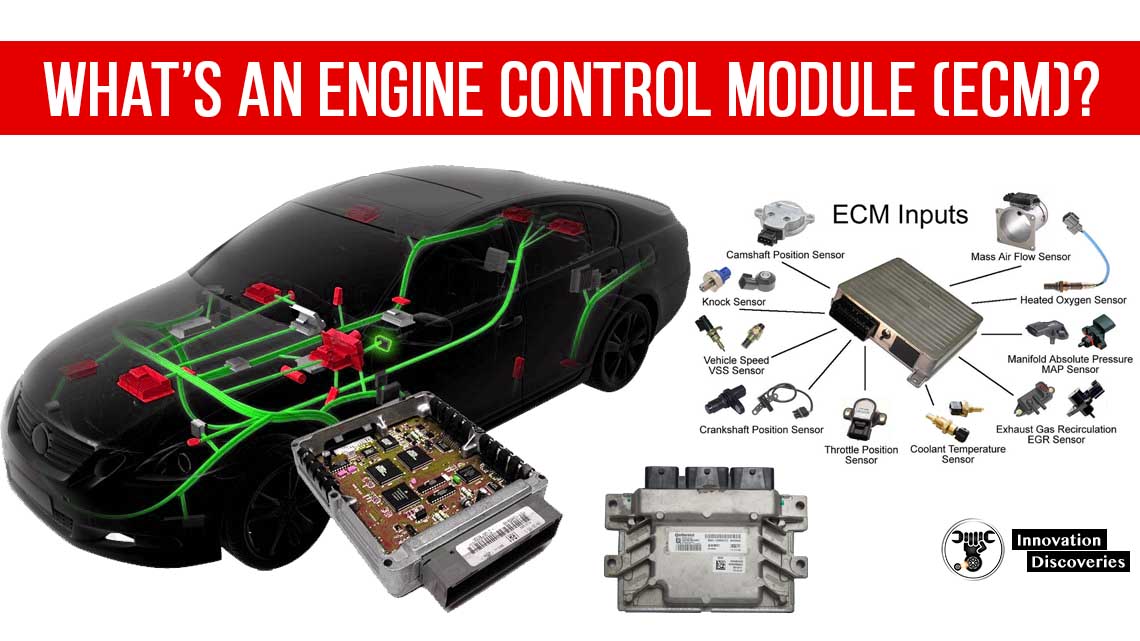
If your car had a brain, the ECM would be it.
The Engine Control Module (ECM), also known as the Engine Control Unit (ECU) or Powertrain Control Module (PCM), is one of the most critical components found in modern vehicles.
This piece of equipment essentially acts as the main computer system for many of the vehicle’s engine performance and drivability systems.
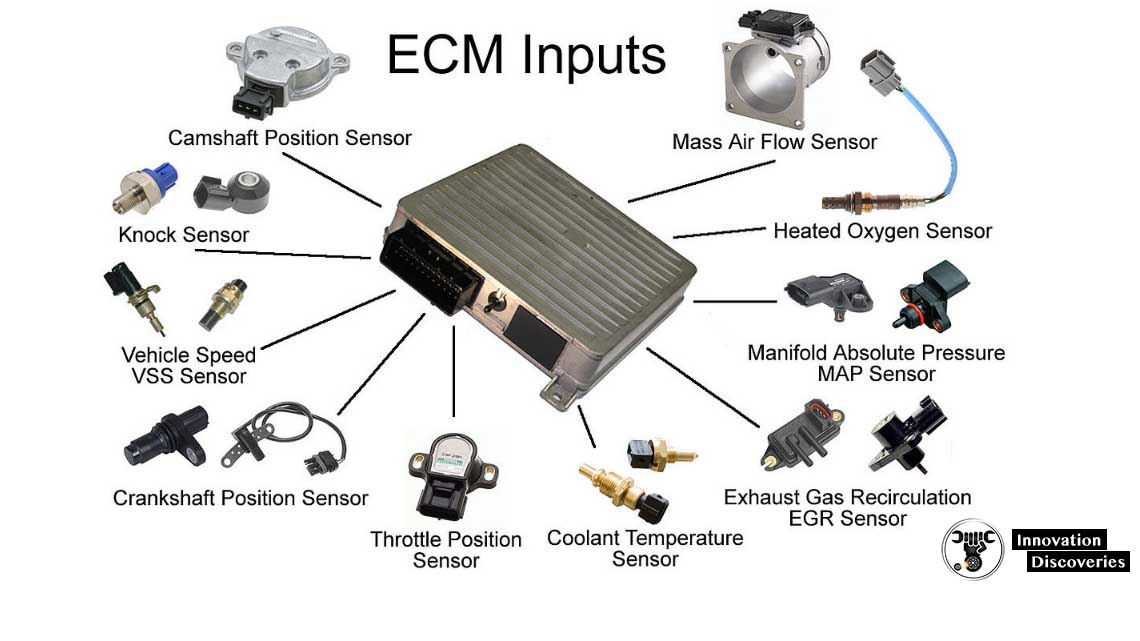
READ: ECU CHIP TUNE | IGNITION TIMING | INCREASE HORSEPOWER
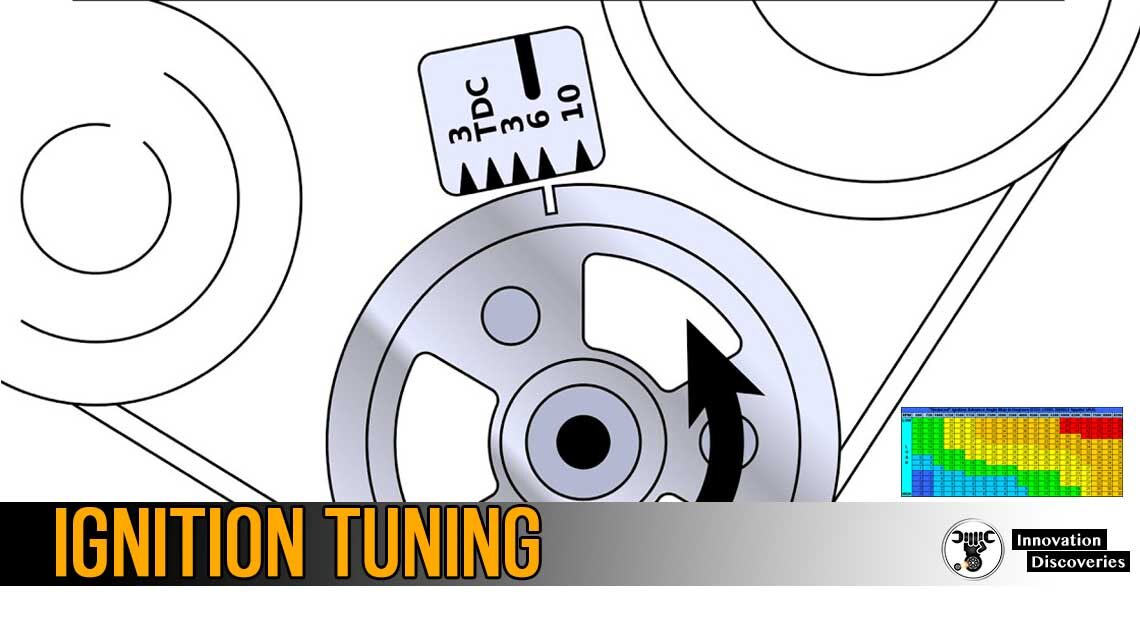
The various sensors in the engine relay information to the ECM and that information are used to calculate and tune engine spark and fuel for maximum efficiency and power.
In laymen’s terms, if your car had a brain – this would be it.
That little light could mean big trouble.
Since the ECM is such a critical piece of equipment, when it begins to fail, the car may become undrivable altogether.
When problems arise with the ECM, there are some key symptoms to alert you to the situation.
Read: VEHICLE SENSORS: FUNCTIONS AND TYPES
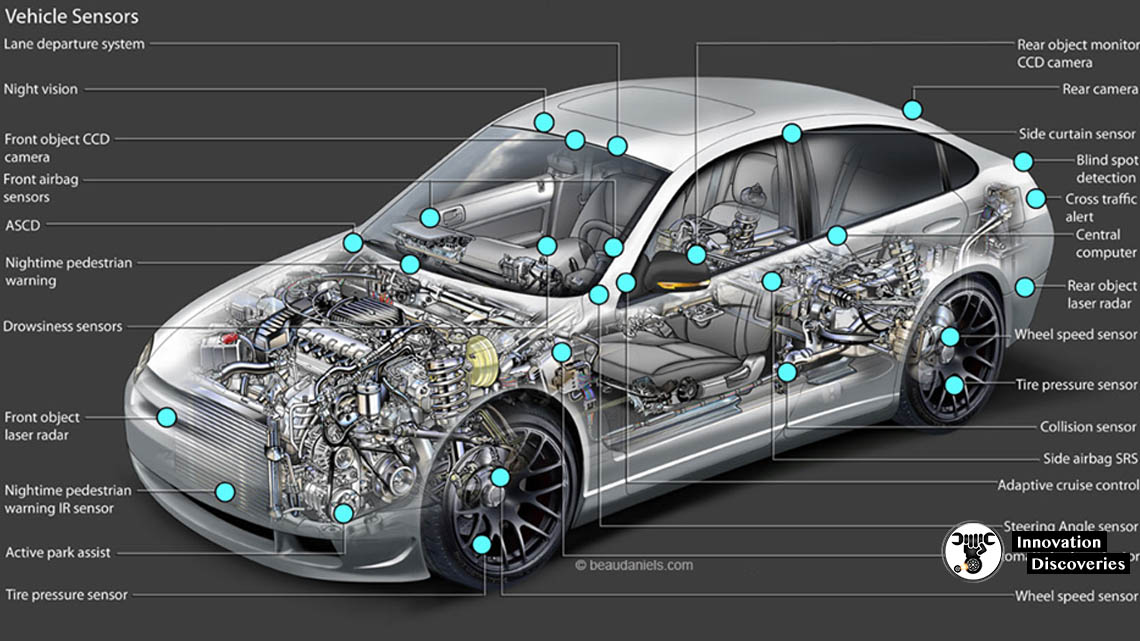
Signs of a Bad ECM
1. Check Engine Light Is Illuminated
A check engine light does not immediately indicate a problem with the ECM, however, it always indicates an issue with the engine.
Sometimes, this light can be triggered when there are no issues present, but a simple test will determine which error codes are being thrown.
A mechanic will be able to tell you if there is an issue with your ECM or another component.
Read: HOW TO RESET CHECK ENGINE LIGHT: FOLLOW THESE 4 EASY WAYS!
2. Engine Stalling or Misfiring
Erratic engine behaviour is another common symptom of a bad or failing ECM.
A faulty computer can also be responsible for engine stalling or misfiring, though this tends to be more intermittent.
These symptoms may come and go and may appear to have no pattern to their severity or frequency. Image of computerized diagram of the car.
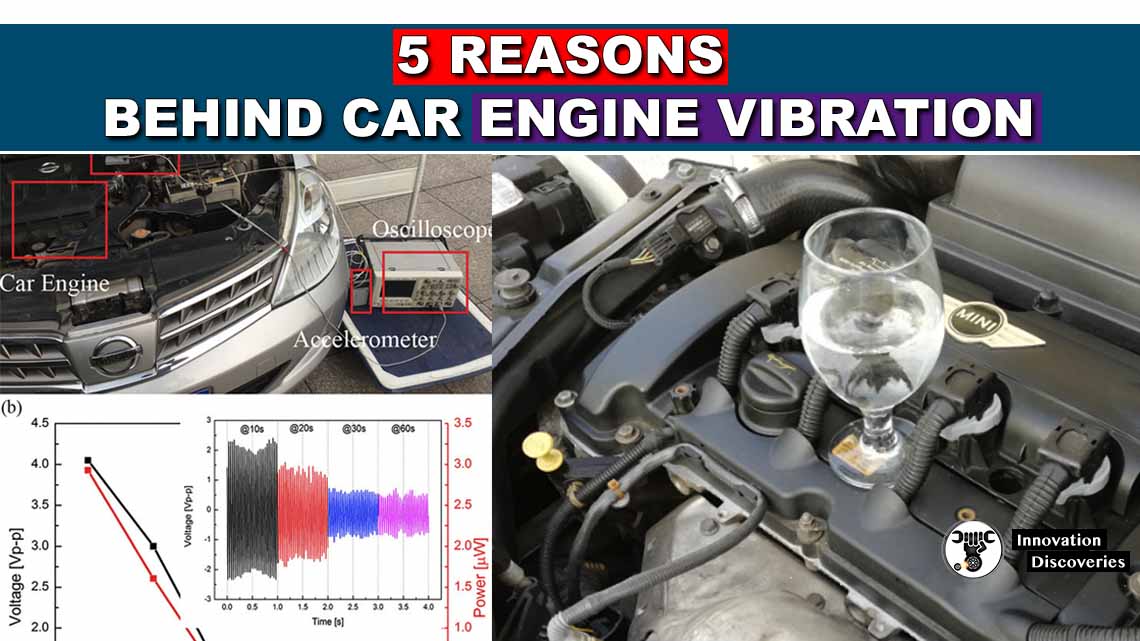
3. Engine Performance Problems
When the ECM is faulty or failing, it will throw off the timing of the fuel settings of the engine.
You may notice unexplained drops in fuel efficiency, or you may feel your vehicle struggling to shift.
Any sudden change in your vehicle’s performance is reason enough to seek out the source of the problem.
Also, Read: CHECKING THE HIGH-TENSION CIRCUIT
Read:
4. Car Won’t Start
Another common symptom of a bad or failing ECM is a vehicle that will not start or struggles to start.
If the ECM fails, your car is left with no engine management control system, and as a result, will not start.
The engine may crank, but will not start without the vital inputs from the computer.
It is important to note that all of these symptoms can be symptoms of other system failures or issues with your vehicle.
But, since the ECM plays such a vital role in the performance of vehicle’s performance, any issues which arise can be catastrophic to the engine.
Computer systems found in modern cars are extremely complex, sophisticated, and complicated – this makes it tricky to diagnose and troubleshoot computer-related problems.
If you suspect that your ECM is the source of your worries, you should have the vehicle inspected by a trained professional.
Catching this issue early on can save a lot of money and stress.
Replacing this part can be a major expense, but fortunately, an ECM can be repaired or reprogrammed in many cases.
This prevents you from having to replace the part entirely.
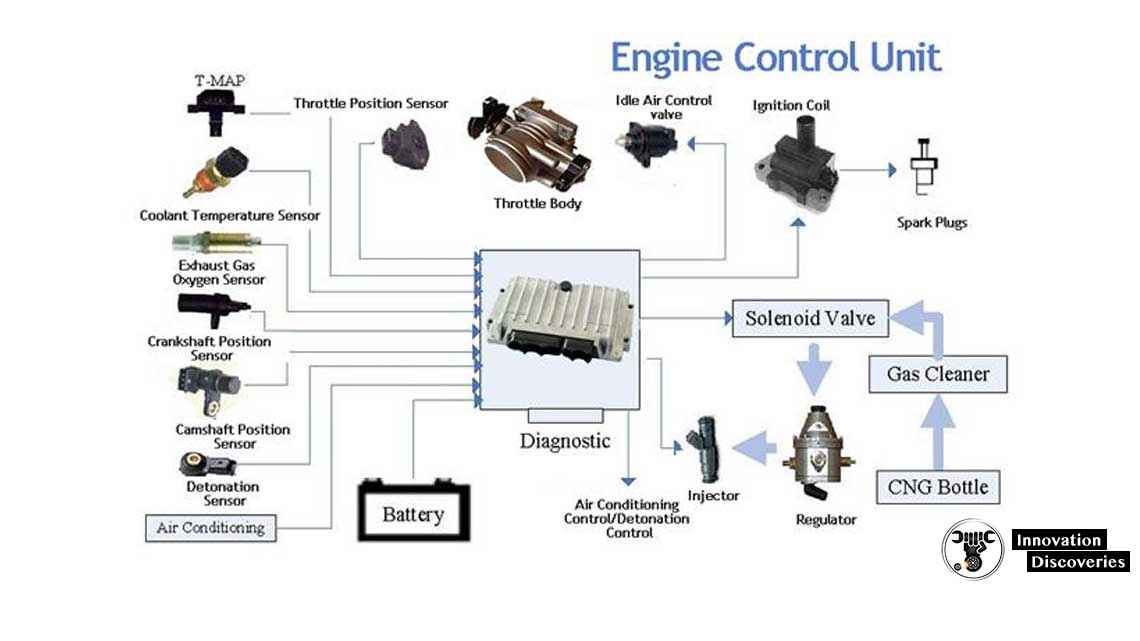
HOW IGNITION DISTRIBUTOR WORKS?
Download: REPAIR GUIDE FOR DENSO COMMON RAIL INJECTOR REPAIR
OVERHAULING A BOSCH DISTRIBUTOR
Read More:
- 6 MOST COMMON CRANKSHAFT POSITION SENSOR SYMPTOMS
- DIFFERENCE BETWEEN CRANKSHAFT AND CAMSHAFT
- THE FUNCTION OF TIMING BELTS
- VALVE MECHANISM CONSTRUCTION
- CRANK MECHANISM CONSTRUCTION
- ENGINE WATER PUMP CONSTRUCTION
5 CAUSES OF AN ALTERNATOR NOT CHARGING
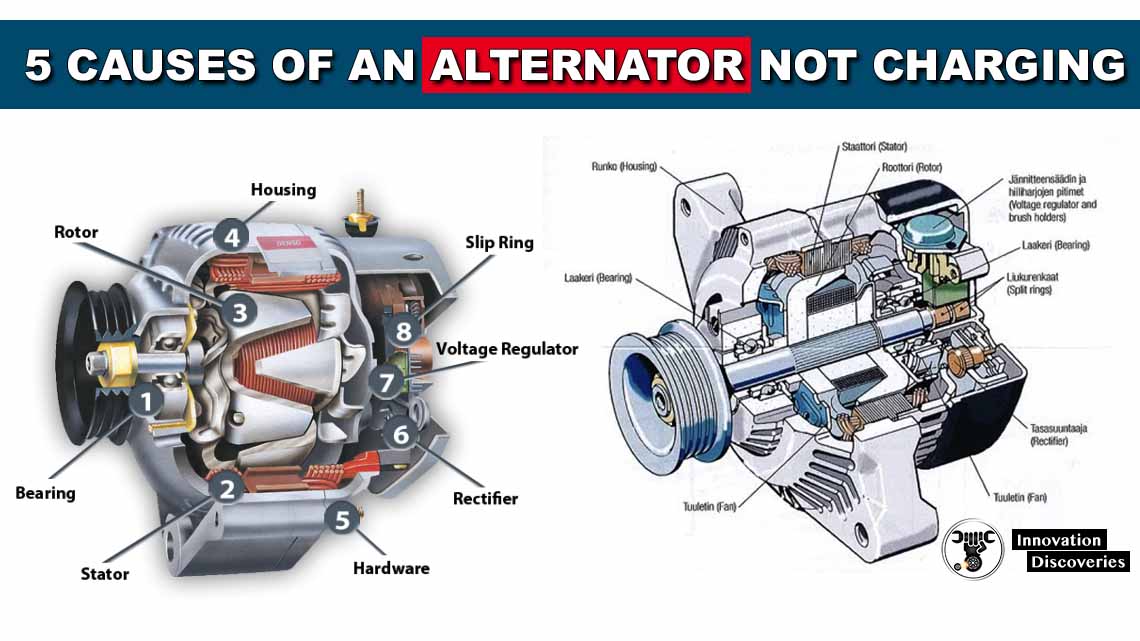
CAR ALTERNATOR FUNCTIONS AND SYMPTOMS OF FAILURE
Visit Forum
Visit Our Friendly Website



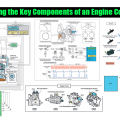

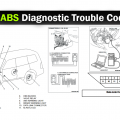
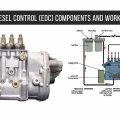
One Comment